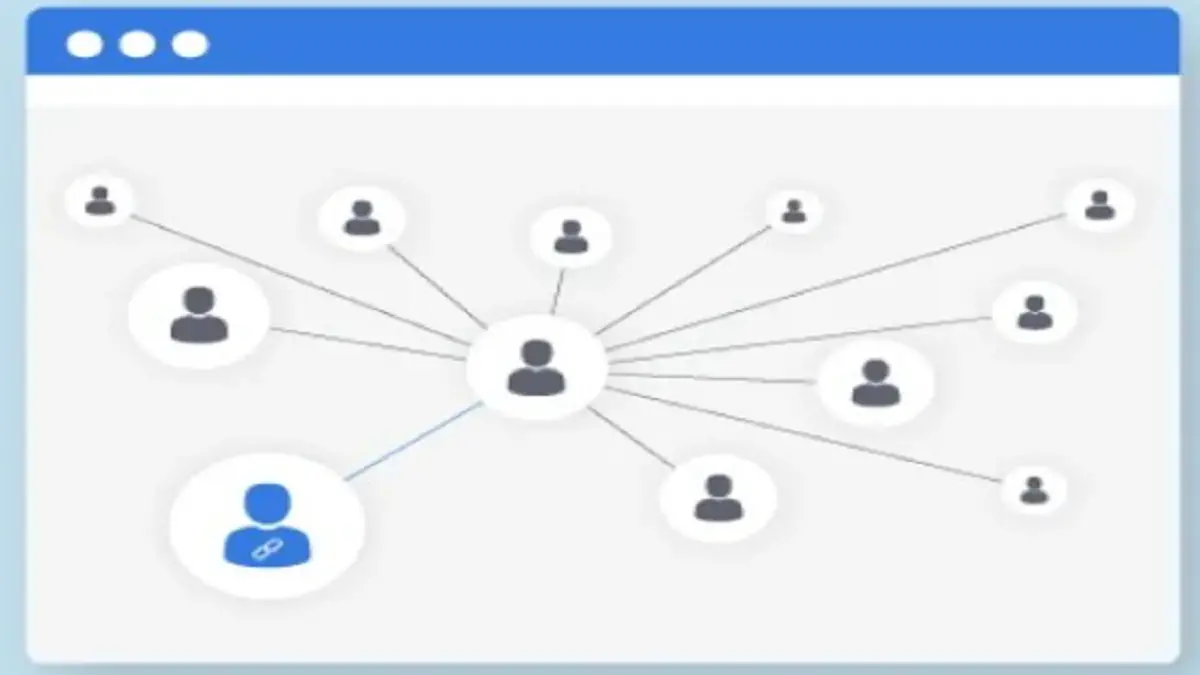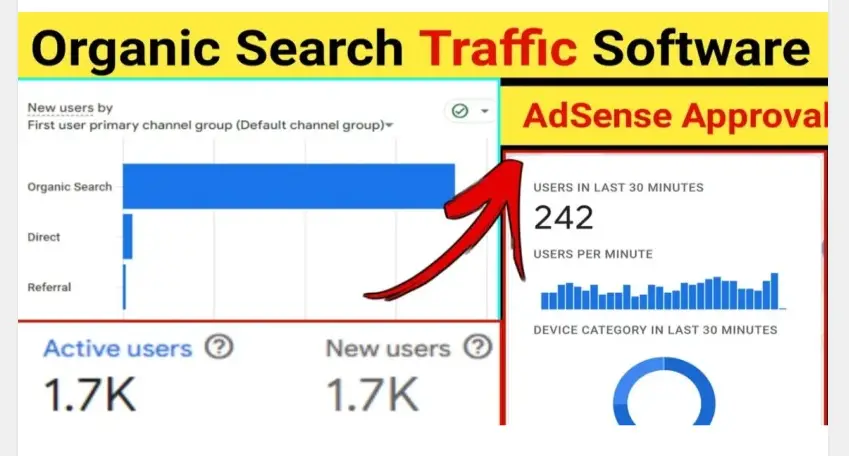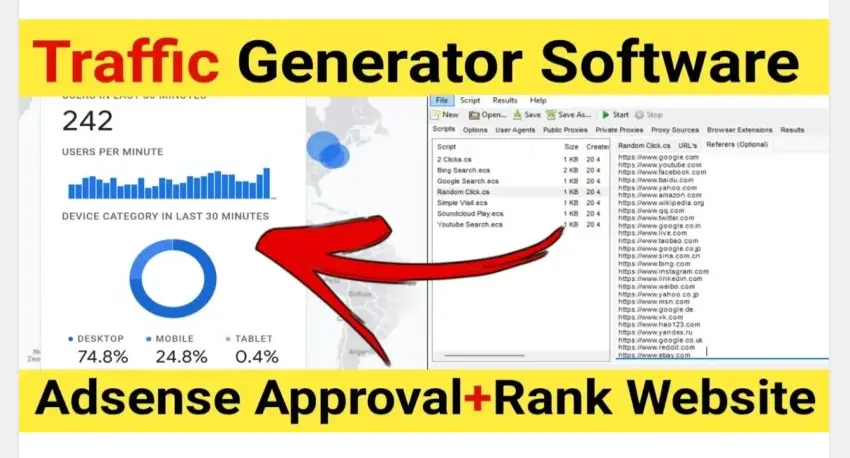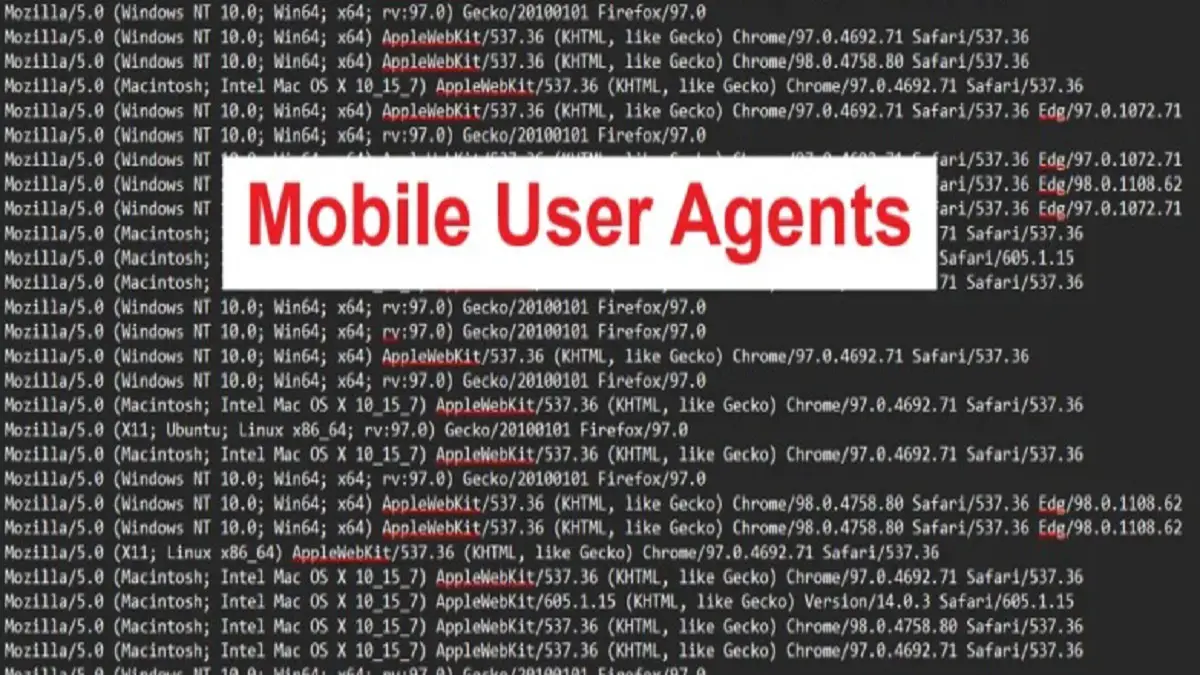Google Chrome User Agents
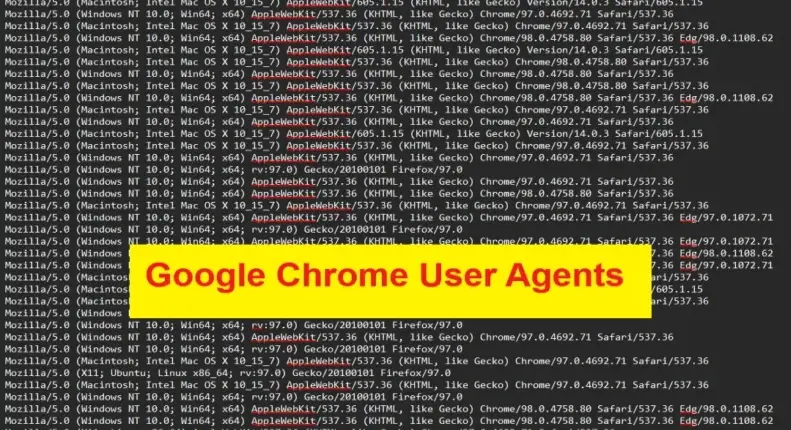
Introduction to User Agents
In today’s digital landscape, every time you use a web browser, a hidden piece of information called a User Agent quietly identifies your browser to the websites you visit. But what exactly is a user agent, and why should you care?
What is a User Agent?

A User Agent (UA) is a text string sent from your browser to a website’s server. It provides essential details such as the browser type, operating system, and device you’re using, allowing websites to tailor their experience for you. For instance, the experience on a mobile device may differ from that on a desktop. Now, consider the impact if this information were randomly altered—that’s where Random User Agents come into play.
Understanding Random User Agents
What Are Random User Agents?
A Random User Agent is a user agent string that changes automatically with each request or session. Instead of sending the same user agent string every time, a random one is used, obscuring your actual browser, device, and operating system details. This randomness can make it harder for websites to track your activities.
Benefits of Using Random User Agents
Using random user agents offers several advantages:
- Enhanced Privacy: It helps shield your identity online, making it more difficult for websites to track your actions.
- Improved Security: It reduces the risk of malicious sites exploiting vulnerabilities specific to your browser or OS.
- Avoiding Detection: In tasks like web scraping, random user agents can prevent websites from blocking your requests.
How User Agents Work
User Agent String Explained
The user agent string is a line of code sent by your browser to a website, detailing crucial information such as the browser version, operating system, and sometimes the device type.
Anatomy of a User Agent String
A typical user agent string may look like this:
Mozilla/5.0 (Windows NT 10.0; Win64; x64) AppleWebKit/537.36 (KHTML, like Gecko) Chrome/91.0.4472.124 Safari/537.36It includes:
- Browser type and version (e.g., Chrome 91)
- Operating system (e.g., Windows 10)
- Rendering engine (e.g., WebKit)
Common User Agent Examples
- Desktop:
Mozilla/5.0 (Windows NT 10.0; Win64; x64) - Mobile:
Mozilla/5.0 (Linux; Android 9; Pixel 3)
Why Randomize User Agents?
Avoiding Website Detection
Websites can detect repeated user agent strings, flagging your activity as suspicious—especially during web scraping. Randomizing user agents helps evade this detection.
Enhancing Privacy and Security
By frequently changing your user agent, you complicate efforts by advertisers, trackers, or hackers to build a profile of your browsing habits.
Preventing Tracking and Fingerprinting
Some sites employ browser fingerprinting, which combines your user agent, plugins, and browser settings to uniquely identify you. Random user agents make this fingerprinting less effective.
Random User Agents in Web Scraping
Importance of Random User Agents for Web Scraping
Web scraping involves making repeated requests to servers, and without random user agents, websites can quickly identify and block scraping activities by detecting patterns.
Ethical and Legal Considerations
While web scraping can be powerful, it’s essential to respect legal and ethical guidelines. Always ensure you’re only scraping public data and complying with the website’s terms of service.
Random User Agents in SEO
Applications for SEO
In SEO, random user agents can help prevent detection of automated bots used for monitoring competitor rankings or gathering keyword data.
Impact on Search Engine Rankings
Though random user agents don’t directly improve search rankings, they facilitate unbiased data collection during SEO analysis without raising flags with search engines or competitors.
Types of User Agents
- Desktop User Agents: Used by browsers like Chrome, Firefox, and Edge on desktops and laptops.
- Mobile User Agents: Specific to smartphones and tablets, signaling websites to display mobile-friendly versions.
- Bot and Crawler User Agents: Search engines use special user agents to crawl and index websites.
Implementing Random User Agents
Browser Extensions
Several browser extensions can automatically randomize your user agent with each session, including:
- User-Agent Switcher
- Random User-Agent
Programming Tools
Developers can use libraries in various programming languages to randomize user agents programmatically, such as:
- Python’s fake_useragent
- JavaScript’s Puppeteer
Risks of Using Random User Agents
Potential for Being Blocked
Some websites actively block requests from known bot user agents. If you’re using random user agents for scraping or automation, ensure your chosen agents aren’t blacklisted.
Compatibility Issues
Not all websites work well with every user agent. An outdated or inappropriate user agent might lead to display issues.
Legal Risks
Using random user agents for malicious purposes, like unauthorized scraping or bypassing security, can result in legal repercussions.
Best Practices for Using Random User Agents
Frequency of Changes
Regularly change your user agent, particularly during web scraping. However, changing too often can raise suspicion.
Avoiding Suspicious Behavior
If you’re randomizing your user agent, ensure that your behavior (e.g., request frequency) mimics human activity to avoid detection.
Tools for Randomizing User Agents
Popular Browser Extensions
- User-Agent Randomizer
- Random Agent Spoofer
Development Libraries and APIs
Tools like Scrapy, Selenium, and BeautifulSoup support user agent randomization.
Checking Your User Agent
Tools to View Your Current User Agent
You can check your current user agent using online tools such as:
- WhatIsMyUserAgent.com
- UserAgentString.com
Verifying Randomization Effectiveness
To confirm your user agent has been successfully randomized, revisit these tools after making changes.
User Agent Spoofing
What is User Agent Spoofing?
User agent spoofing involves intentionally altering your user agent to imitate a different browser, operating system, or device.
Spoofing vs. Randomizing
While randomizing changes your user agent periodically without a specific target, spoofing is deliberately done to mimic a specific device or browser.
Real-Life Applications of Random User Agents
Cybersecurity Use Cases
Random user agents can help evade detection by cybercriminals, protecting sensitive operations from monitoring.
Competitive Analysis Applications
Marketers use random user agents to track competitors discreetly, allowing them to gather insights anonymously.
OTHER USEFUL TOOLS TO USE
Diabolic Traffic Bot Pro for Free




